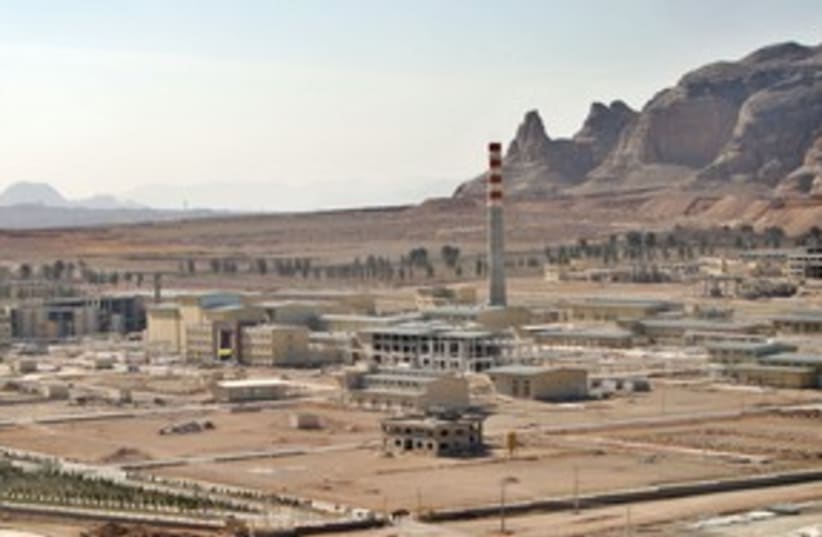The prime minister and vice president of the United Arab Emirates on Monday said during an interview with CNN there was little chance of Iran building a nuclear bomb and hinted that Tehran would find little use for the weapon.“What can Iran do with a nuclear weapon?” Sheikh Muhammad bin Rashid al-Maktoum asked during the interview on CNN’s Erin Burnett OutFront.RELATED:Australia widens sanctions on Iran over nuclear program'Iran raising alert amid fears of strike'Iran: Price of crude would double if oil exports blocked“For example, will they hit Israel? How many Palestinians will die? And you think if Iran hits Israel, their cities will be safe? They will be gone the next day.”The US and Israel have not ruled out military action against Iran’s nuclear facilities if diplomacy fails to resolve a dispute over a program they suspect is aimed at developing atomic weapons. Iran denies it is seeking nuclear weapons and says it would respond to any strike by attacking Israel and US interests in the Gulf.
“Iran is our neighbor,” Maktoum added during the interview. “They are Muslim, and we lived next to each other for thousands and thousands of years. I don’t believe that Iran will develop a nuclear weapon.”Maktoum’s comments came as a senior US official on Monday said the situation over Iran’s nuclear program was becoming increasingly worrying and an urgent diplomatic solution needs to be found.“Iran is violating international obligations and norms. It is becoming a pariah state,” Robert Einhorn, the US State Department senior adviser for non-proliferation and arms control, told a news conference in the South Korean capital.“The situation in Iran has become more and more worrisome. The timeline for its nuclear program is beginning to get shorter, so it is important we take these strong steps on an urgent basis,” he added.“If we do not, pressures will grow for much stronger actions. The US favors a diplomatic solution, but if we cannot achieve a diplomatic solution soon, inevitably interests will grow in a different kind of solution. That is why we need to act soon,” Einhorn said.Iran’s nuclear ambitions, its claim to have shot down a US spy drone in its airspace on Sunday and last week’s storming of the British Embassy in Tehran by protesters has contributed to a sharp increase in tensions in the region.Meanwhile, Australia slapped fresh sanctions on Iran over its nuclear program that restrict dealing with the Islamic Republic’s petroleum and financial sectors, AFP reported Tuesday. The country joined the US, Canada and the UK in widening sanctions against Iran as the European Union mulls the possibility of an oil embargo.According to Australian Foreign Minister Kevin Rudd, Canberra has grown increasingly concerned about Iran’s nuclear program.He called on Tehran to follow the United Nations and the International Atomic Energy Agency and engage the “international community on its nuclear program,” AFP quoted Rudd as saying.A senior US official on Monday said the situation over Iran’s nuclear program was becoming increasingly worrying and an urgent diplomatic solution needs to be found.UAE leader downplays fear of Iran strike on Israel
Emirati PM tells CNN that if Tehran hits Israel, Iranian cities won't be safe, "they will be gone the next day."
